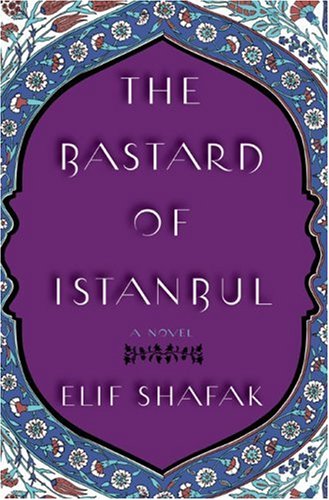Reviews
Patrick Book@patrickb
Laura Dobie@MovingToyshop
maden eleştiri@madenelestiri
Prashanth Srivatsa@prashanthsrivatsa
Sanaa Shaltout@sanaashaltout
Saima A@alattebooks
Lauren B@itsmelauren
Ramses Struijker Boudiee@redreadram
Safiya @safiya-epub
Pia Sophia@thepiasophia
Laura Poghosyan @laurapogh
Srijita Sarkar @srijita
Suzie@zieziereads
reeha@reeha
Alice@4l1c3
Özgür Özer@zgrzr
ines@senii
Omnia AlYousef @omnia99
Ren@lrnhch
Neha@betweenmygreypages
Lisa@frowzled
Ayesha ahmed@ayeshaa
Georgie K@georgiek
Varol Aksoy@varol
Highlights
Srijita Sarkar @srijita
Srijita Sarkar @srijita
Srijita Sarkar @srijita
Srijita Sarkar @srijita
Srijita Sarkar @srijita
Srijita Sarkar @srijita
Srijita Sarkar @srijita
